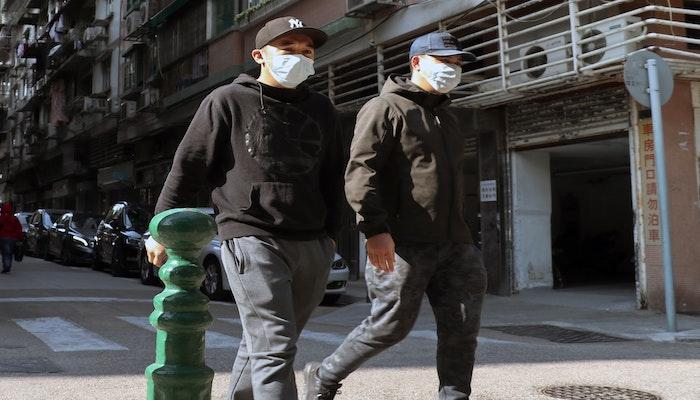Benchmark Services writes:
Worldwide disease control and prevention groups have made it compulsory (initially recommended) that everyone wear masks when in specific public areas to prevent the spread of COVID-19. Those who fail to wear a mask will face a fine of up to £100. But as lockdown restrictions have eased in the past few weeks, many people haven’t followed that advice despite its evidence on keeping the infection rate from rising again.
The UK has one of the lowest adoption rates of face protection, with just 36% of the public saying they wear a mask, but this has encouraged the Government to announce this mandatory mask from July 24th until the foreseeable future.
Oddly, there is still a huge debate about whether members of the public should be encouraged to wear face masks at all. A few months ago anyone wearing a mask in public would’ve probably drawn stares as this was rare, unusual behaviour in most countries, which is probably one of the reasons why a large number of people are still continued to ignore the Government’s initial advice of wearing a mask.
How effective are face masks?
It’s important everyone understands why face masks will decrease your chances of catching the virus and spreading it. Once coronavirus has infected someone, it will hijack the individual’s cells to replicate itself. As it multiplies, new virus particles will distribute from the cells and spread around the bodily fluids in our lungs, mouth, and nose. Therefore causing disrupting and uncomfortable symptoms including sneezing and coughing. The biggest risk of coronavirus is that 80% of people that tested positive, didn’t have a single symptom for at least two weeks, meaning everyone and everything they unintentionally touched or interacted with, is at risk of being contaminated, too.
When an infected person coughs or sneezes, they send aerosols (tiny droplets) filled with the virus into the air for others to inhale or touch. A single cough can produce up to 3,000 droplets and when we speak a recent study has suggested that we spray thousands of invisible droplets into the air just by talking.
Furthermore, face masks have a huge potential of reducing the transmission of coronavirus around the public, particularly if used on public transport and while in crowded areas or shops. The epidemiology and biostatistics team at the University of Hong Kong recently published a study testing the effectiveness of a face mask when preventing the spread of the virus from infected people. They found a standard surgical mask was enough to reduce the amount of virus or ‘droplets’ escaping the mouth significantly lower than those without wearing one. This included people infected with different respiratory viruses, such as mild cases of coronavirus, influenza and rhinovirus.
Why should we wear face masks?
There are plenty of reasons why we should wear face masks as well as government protocol and protecting yourself. If this blog hasn’t convinced you yet, these reasons will…
- Masks protect other people. Think about others around you - just because they are wearing a mask, doesn’t mean they are completely protected from those without masks. Face masks act as a barrier to keep virus-containing particles from both escaping and infected individual and landing on another person, therefore infecting them.
- You may not realise you have it. One of the most complicating things about this virus is it is possible for infected people to pass the virus around without showing symptoms or knowing they have it. No-one is safe, so even if you believe you are healthy, it’s recommended that you protect yourself and others at all costs by wearing a mask when necessary.
- Masks may help the economy recover. When lockdown began in March, businesses and organisations across the globe had to pause and face an economy hit with nothing they can do about it. Now that businesses can reopen, there will be more groups of people and therefore, germs spread. Studies found that face masks could serve as a substitute for another lockdown, to prevent another significant hit to the economy.
With mass testing, social distancing guidelines in public areas and isolation encouragement to anyone showing symptoms, using face masks is a simple and stress-free task that will drastically prevent the spread of contraction of this awful virus. It will also be interesting to see how the rates change as the new face mask laws come into play in the UK.
